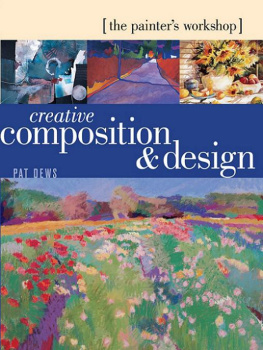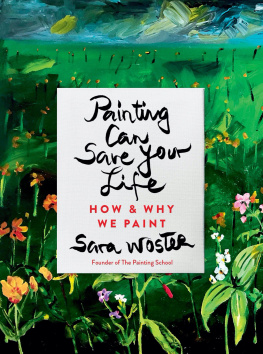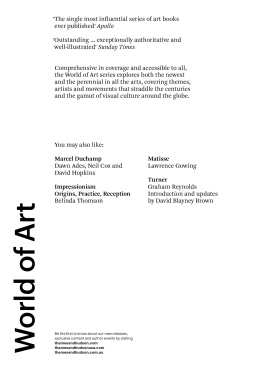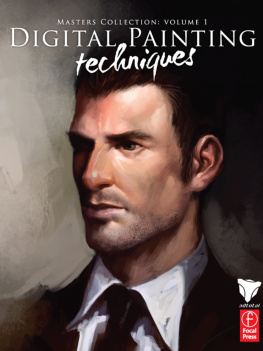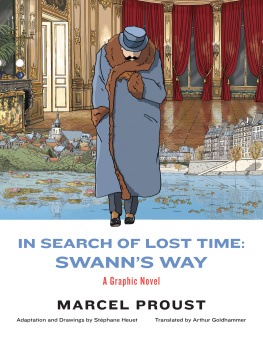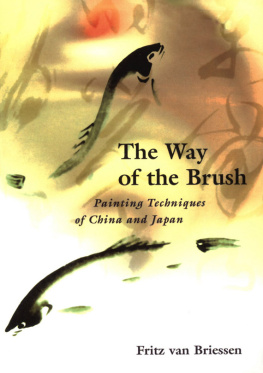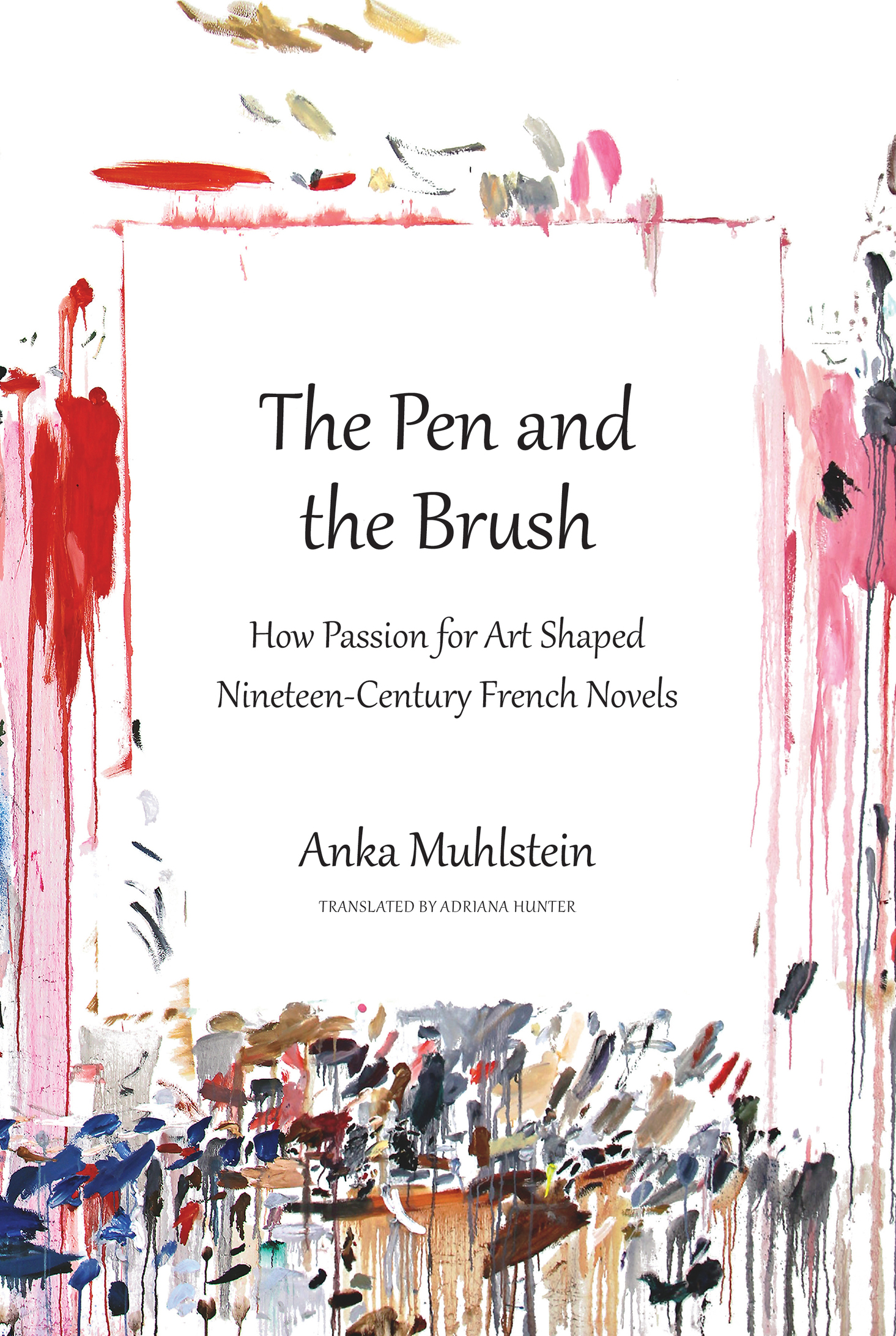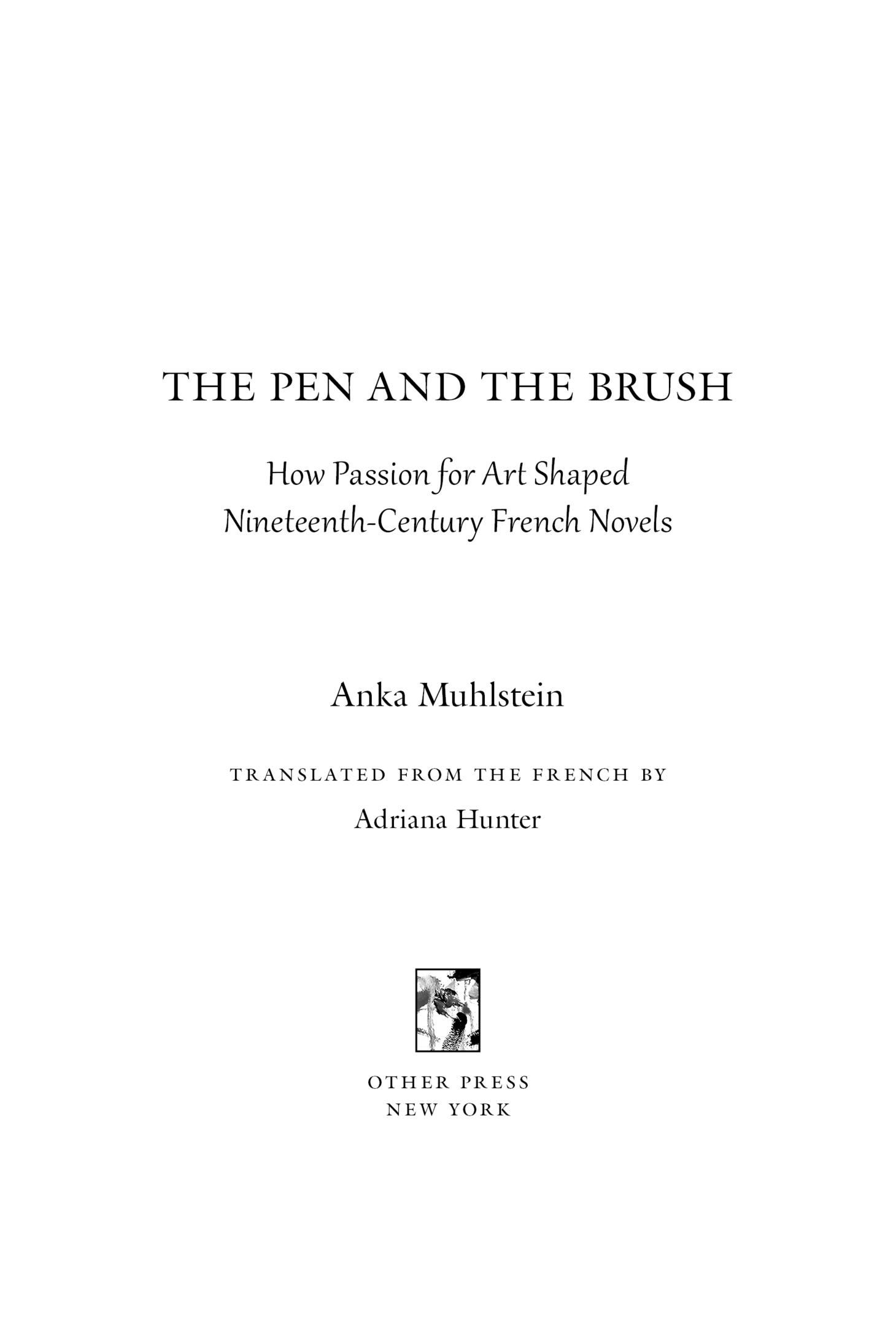Contents
PRAISE FOR The Pen and the Brush
In a brilliant examination of the work of Balzac, Zola, Huysmans, Maupassant, and Proust, Anka Muhlstein brings to light the many forms of reciprocal exchange among them and their painter friends, both thematic and stylistic, that resulted in a highly original form of pictorial writinga phenomenon intrinsically tied to its time and place. Her illuminating analysis and deft weaving together of literature and art in The Pen and the Brush are sure to change the way we read the nineteenth-century French novel.
Susan Grace Galassi
SENIOR CURATOR OF THE FRICK COLLECTION
In nine admirably concise and evocative chapters, Anka Muhlstein surveys a major theme in nineteenth-century cultural history: the relationship between modern novelists and modern painters. Her heroes are Balzac, Zola, and Proust, and she offers insights into the different ways in which each writer engaged with the art and artists of his time. One of the chief pleasures of this book is the diversity and precision of Muhlsteins literary selections and visual references: she spurs the reader to return to familiar texts as well as to discover new ones.
Colin B. Bailey
DIRECTOR OF THE MORGAN LIBRARY & MUSEUM
Writing as beautifully about art as she does about literature and history, Anka Muhlstein creates in these pages a salon of brilliant French artists and writers and invites us in as they exchange ideas and profoundly influence one another. She quotes Zola: I have not only supported the Impressionists, I have translated them into literature.
Jean Strouse
AUTHOR OF ALICE JAMES, A BIOGRAPHY
A well-crafted reminder of how in the nineteenth century writing and painting coalesced, like sea and sky. So Balzac and Delacroix, Zola and Manet, Maupassant and Courbet, and especially Proust with his writer Bergotte and painter Elstir: for French writers, artists were essential to the plot. For a writer the task was ultimately how to see, and to see not just one world but many.
Anthony Bailey
AUTHOR OF VERMEER: A VIEW OF DELFT
Anka Muhlstein knows and loves nineteenth-century French painting with a passion, and this she pours into her study of writers who made painting a principal optic for viewing the world. The Pen and the Brush is both lively and enlivening.
Peter Brooks
AUTHOR OF HENRY JAMES GOES TO PARIS
A fascinating, instructive, and absorbing read.
PUBLISHERS WEEKLY
An enlightening exploration of the symbiotic relationship between art and literature.
KIRKUS REVIEWS
Copyright Anka Muhlstein, 2017
English translation copyright Adriana Hunter, 2017
Production editor: Yvonne E. Crdenas
All rights reserved. No part of this publication may be reproduced or transmitted in any form or by any means, electronic or mechanical, including photocopying, recording, or by any information storage and retrieval system, without written permission from Other Press LLC , except in the case of brief quotations in reviews for inclusion in a magazine, newspaper, or broadcast. For information write to Other Press LLC , 267 Fifth Avenue, 6th Floor, New York, NY 10016. Or visit our Web site: www.otherpress.com
The Library of Congress has cataloged the printed edition as follows:
Names: Muhlstein, Anka, author. | Hunter, Adriana, translator.
Title: The pen and the brush : how passion for art shaped nineteenth-century French novels / Anka Muhlstein; translated from the French by Adriana Hunter.
Description: New York : Other Press, [2017]
Identifiers: LCCN 2016026702 (print) | LCCN 2016026767 (ebook) | ISBN 9781590518052 (hardback) | ISBN 9781590518069 (ebook)
Subjects: LCSH: French fiction19th centuryHistory and criticism. | French fiction20th centuryHistory and criticism. | Arts in literature. | Art in literature. | Artists in literature. | Painters in literature. | BISAC : BIOGRAPHY & AUTOBIOGRAPHY / Literary. | ART / History / Modern (late 19th century to 1945). | BIOGRAPHY & AUTOBIOGRAPHY / Artists, Architects, Photographers.
Classification: LCC PQ 653. M 8413 2017 (print) | LCC PQ 653 (ebook) | DDC 843 / .709357dc23
LC record available at https://lccn.loc.gov/2016026702
Ebook ISBN9781590518069
v4.1
a
For Louis
Contents
Introduction: Art for All
I have often wondered why nineteenth-century French novelists were so often obsessed with painters and painting, while in the 1700s Diderot was the only writer of his generation to take an interest in art criticism. What a striking contrast that not one well-known novelist of the 1800s failed to include a painter as a character in his work. This is fair enough for Balzac and Zola, who had ambitions to bring every aspect of society to life, but read Stendhal, Flaubert, the Goncourt brothers, Anatole France, Huysmans, Maupassant, Mirbeau, and of course Proust, and you enter a world in which painting is surprisingly important. What is more, all these novelists explored not only how a painter sees things but also how he looks at them, and this produced a new way of writing. I would just have liked to see you dismantle the mechanism of my eye. I enhance the image, that much is sure, but I dont enhance it as Balzac does, any more than Balzac enhances it as Hugo does, mile Zola told his protg Henry Card, highlighting the visual nature of novels at the time. This was essentially a French phenomenon; it has no real equivalent in England, Germany, or Russia. In the United States, it was not until the end of the century that painting became a literary subject in the work of Henry James. In England, Woolf would be the first to write about the influence painting had on literature. Why the sudden, widespread interest in France?
I believe that this new way of seeing and writing was facilitated by the creation of museums in France after the French Revolution. Frequent long visits to the Louvre gave a whole cohort of young writers a genuine knowledge of painting, a shared language with their painter friends, and a desire to enrich their own works with this newly acquired erudition. The visual novel dates from this period.
Having easy access to great works by visiting a museum feels so normal to us now that we rarely think of the cultural revolution brought about by the advent of modern museums. And yet what a sea change in behavior this opportunity afforded. Before the Revolution only birthright or unusual personal success opened the door to masterpieces closeted in palaces and mansions, or to galleries of fine paintings acquired by wealthy Parisian collectors. As a result, people were reduced to spending a great deal of time in churches, the only place where anyone was free to admire works of art, at least before or after mass. Italy was especially well endowed in this respect. But appreciating a painting in the gloom of a chapel posed problems, and continued to for a long time: during a visit to Venice, Henry James complained he had to forgo admiring the magnificent work of Cima da Conegliano in the church of San Giovanni in Bragora and the superb Tintorettos in the Scuola Grande di San Rocco because the buildings were so dark. Even today, for want of coins to slip into a lighting contraption, visitors have only a few minutes to contemplate frescoes and paintings. Furthermore, it took money and free time to travel around Europe discovering the sculptures and paintings of other cultures. Wandering at will and at ones own speed around the Louvres Grande Galerie was, therefore, a priceless experienceboth literally, because admittance was free, and metaphorically.


